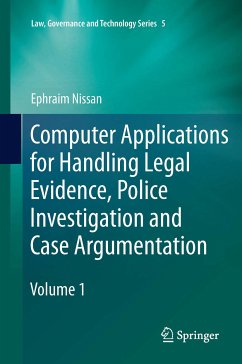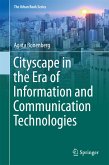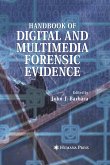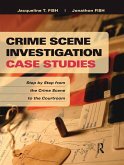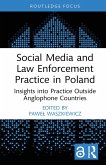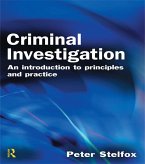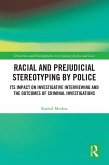One aim is to introduce practitioners of AI to the modelling legal evidence. Another aim is to introduce legal professionals, as well as the more technically oriented among law enforcement professionals, or researchers in police science, to information technology resources from which their own respective field stands to benefit. Computer scientists must not blunder into design choices resulting in tools objectionable for legal professionals, so it is important to be aware of ongoing controversies. A survey is provided of argumentation tools or methods for reasoning about the evidence. Another class of tools considered here is intended to assist in organisational aspects of managing of the evidence.
Moreover, tools appropriate for crime detection, intelligence, and investigation include tools based on link analysis and data mining. Concepts and techniques are introduced, along with case studies. So are areas in the forensic sciences. Special chapters are devoted to VIRTOPSY (a procedure for legal medicine) and FLINTS (a tool for the police). This is both an introductory book (possibly a textbook), and a reference for specialists fromvarious quarters.
Dieser Download kann aus rechtlichen Gründen nur mit Rechnungsadresse in A, B, BG, CY, CZ, D, DK, EW, E, FIN, F, GR, HR, H, IRL, I, LT, L, LR, M, NL, PL, P, R, S, SLO, SK ausgeliefert werden.
"The two-volume book will be useful for police officials involved in investigations and information technology specialists responsible for developing applications for forensics and investigation of crime. The book is quite exhaustive and may be useful to students, researchers, police officials, and specialists from various disciplines. The author offers useful insights on the application of information technology to manage legal evidence. ... I strongly recommend it as a valuable resource for its intended audience." (S. V. Nagaraj, Computing Reviews, October, 2013)

